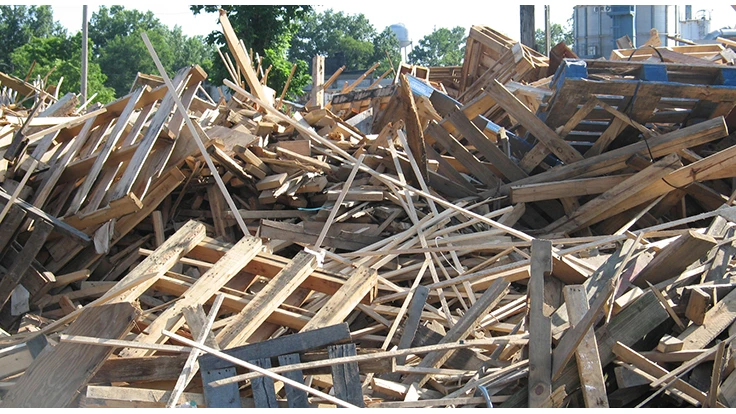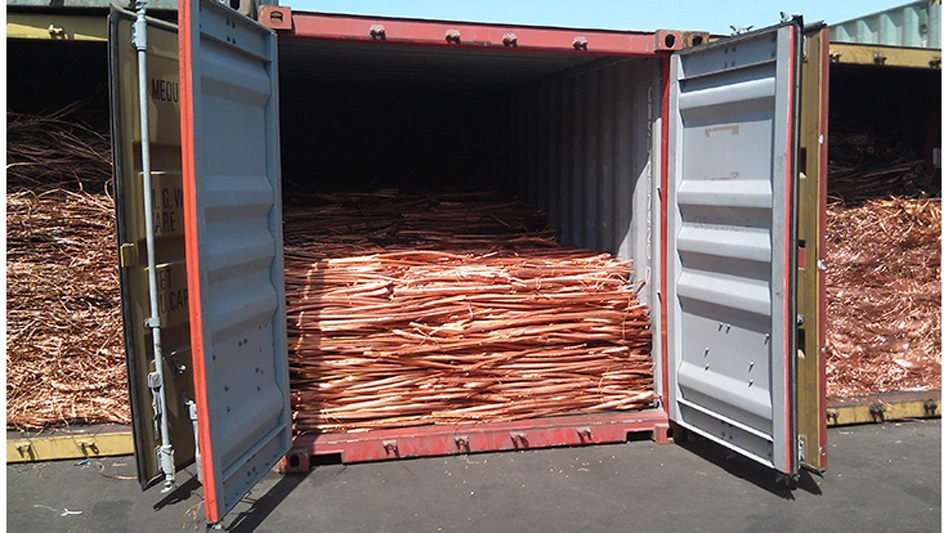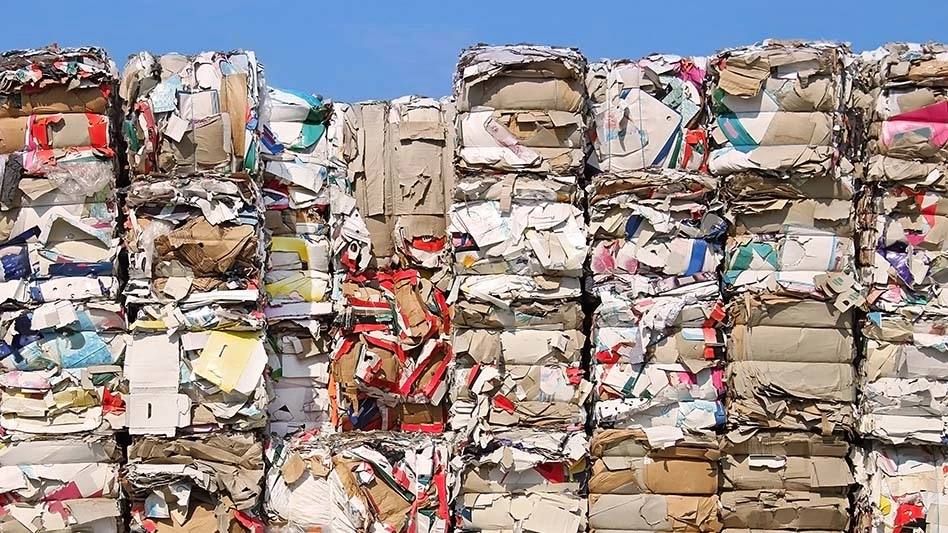
The U.S. Environmental Protection Agency (EPA) is adding three materials to the list of categorical nonwaste fuels under the 40 CFR Part 241 Non-Hazardous Secondary Materials (NHSM). The three materials are:
- construction and demolition (C&D) wood processed from C&D debris according to best management practices;
- paper recycling residuals generated from the recycling of recovered paper, paperboard and corrugated containers and combusted by paper recycling mills whose boilers are designed to burn solid fuel; and
- creosote-treated railroad ties that are processed and then combusted in (i) units designed to burn both biomass and fuel oil as part of normal operations and not solely as part of startup or shutdown operations, and (ii) units at major source pulp and paper mills or power producers subject to 40 CFR 63 Subpart DDDDD that had been designed to burn biomass and fuel oil but are modified (e.g., oil delivery mechanisms are removed) in order to use natural gas, instead of fuel oil as part of normal operations and not soley as part of start-up or shut down operations.
The final rule, established Jan. 19, 2016, can be viewed on the Federal Register.
This final rule also includes technical corrections to the Feb. 7, 2013, final rule.
EPA published the proposal seeking comment on the addition of these three materials to the list of categorical nonwaste fuels along with some technical corrections on April 14, 2014.
This proposed and now final rule builds upon the base NHSM regulatory program established on March 21, 2011.
The NHSM regulatory program under 40 CFR part 241 provides the standards and procedures for identifying whether NHSMs are solid waste under the Resource Conservation and Recovery Act (RCRA) when used as fuels or ingredients in combustion units:
- that burn nonhazardous secondary materials that are not solid waste under RCRA would be subject to the section 112 Clean Air Act requirements for commercial, industrial or institutional boilers or cement kilns; and
- that burn nonhazardous secondary materials that are solid waste under RCRA would be subject to the section 129 CAA requirements for solid waste incinerators.
Through the Feb. 7, 2013, final NHSM rule, EPA added a process for stakeholders to request categorical nonwaste determinations and provided a process to add additional NHSMs to the list of categorical nonwaste fuels in 40 CFR 241.4.
EPA says it believes that identifying appropriate categorical nonwaste fuels will provide greater clarity to the regulated community and the public and reduce the burden on the regulated community by not requiring facilities to document individual determinations that these materials meet legitimacy criteria.
Latest from Recycling Today
- GLE Scrap Metal acquires interest in Mallin Cos.
- 2024 marks strong year for Van Dyk
- Recycled metal portrayed as former dictator’s fiefdom
- Aqua Blaster takes aim at dust and fire suppression market
- Commentary: Merger opposition yields opponents of its own
- Textile recycler to open manufacturing facility in Vietnam
- Call2Recycle Canada, Ontario county achieve battery recycling milestone
- SSI equips Japanese company for diverse operations





